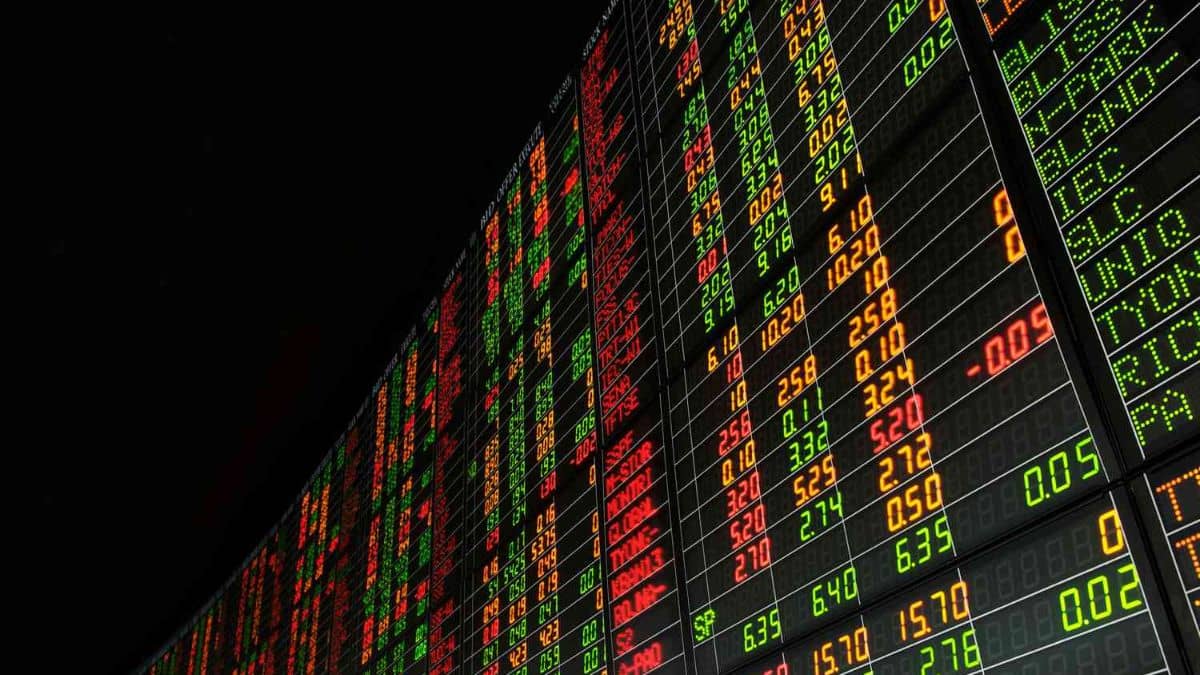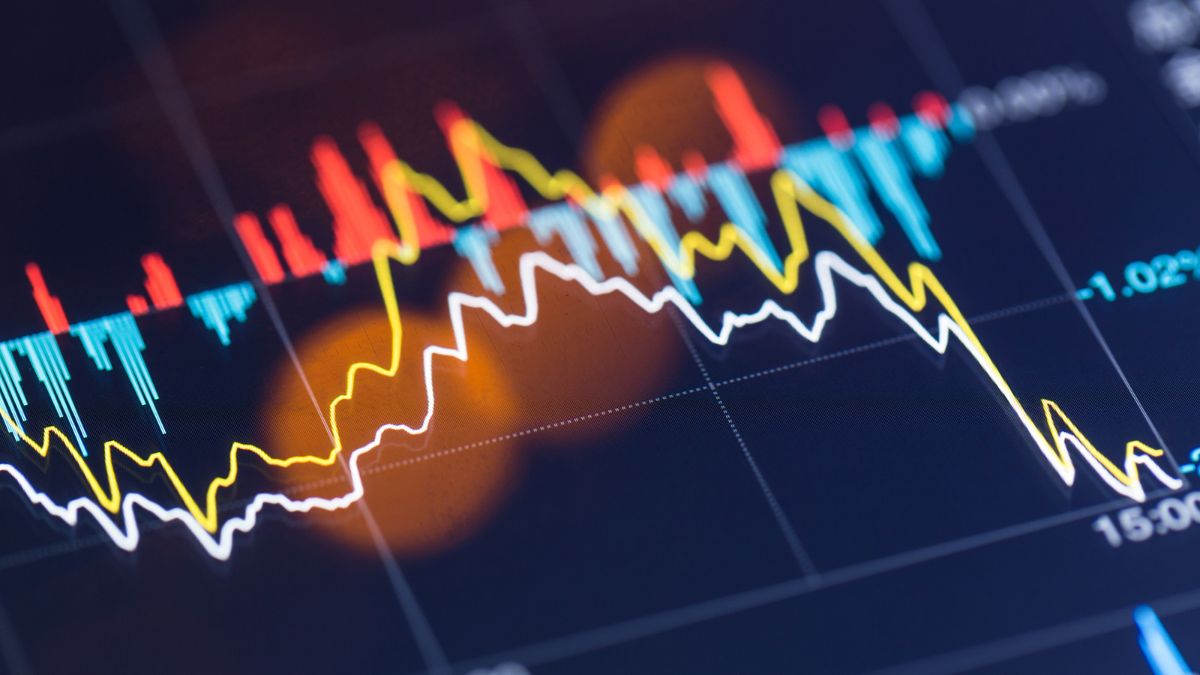China’s stock market is rising sharply, even as the country faces tariffs, a property crisis, and weak economic indicators. The Shanghai Composite Index recently hit a ten-year high, while the CSI 300 Index has gained more than 20% since its low earlier this year.
The rally has been driven by investors moving cash into stocks due to limited alternatives. Analysts warn that the growth may be unsustainable. Nomura Holdings Inc. cautioned against “irrational exuberance,” while TS Lombard described the situation as a standoff between “market bulls and macro bears.”
Deflation is a key concern. Consumer prices were flat in July, producer prices fell for the 34th consecutive month, and the GDP deflator remained negative. Corporate profits are under pressure from weak domestic demand, hitting companies such as JD.com Inc. and Geely Automobile Holdings Ltd.
Many expect Beijing to provide policy support, but officials are taking a cautious approach rather than launching large-scale stimulus measures. Nomura noted that rising equity prices could make aggressive policy moves riskier, potentially inflating a market bubble.
Some market watchers are comparing current conditions to the 2015 boom-and-bust cycle, when margin trading fueled a surge in stocks before a sharp crash. Today, margin debt stands at 2.1 trillion yuan ($292 billion), slightly below the 2015 peak.
Experts say abundant liquidity and renewed investor confidence may remind some of past market exuberance, though it is still early in the cycle.










